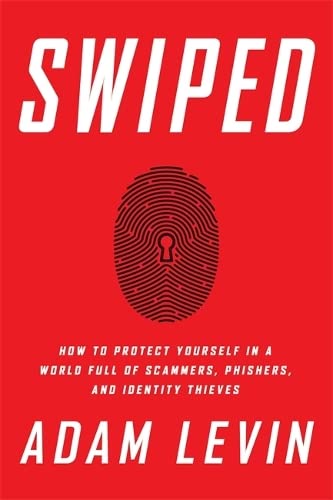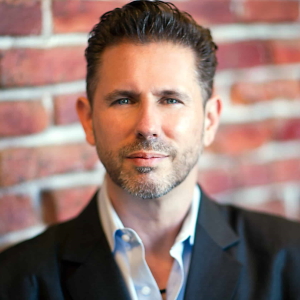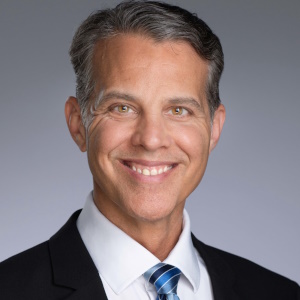Adam Levin Speaker Biography
Nationally Recognized Cybersecurity, Privacy & Identity Theft Expert, Founder of CyberScout & Credit.com, and Author of “Swiped”
Adam K. Levin is a consumer affairs advocate and serial entrepreneur with more than 40 years of experience. He is a nationally recognized expert on cybersecurity, privacy, identity theft, fraud, and personal finance. At age 27, Levin became the youngest Director in the history of the New Jersey Division of Consumer Affairs — one of the most powerful consumer protection agencies in the U.S. He is a graduate of Stanford University and the University of Michigan School of Law.
CyberScout
As Chairman and founder of CyberScout, Levin built a premier global identity, data protection company, and helped pioneer the cyber insurance business. The organization was acquired in March 2021 by Sontiq, which was soon after acquired by Transunion. Levin was also co-founder of Credit.com, one of the first credit education, information and products and services companies on the Internet focused on consumer credit building. The company was acquired in 2015 by Progrexion.
Book and Publications
Mr. Levin’s mission has remained steadfast throughout his career: educate consumers, businesses, law enforcement officials and lawmakers about consumer privacy, identity management and protection, credit, and, later, election security issues. In addition to the AdamLevin.com website, which regularly features his writing, Levin is the author of the critically acclaimed book Swiped: How to Protect Yourself in a World Full of Scammers, Phishers, and Identity Thieves. A weekly column appeared on ABC News, The Huffington Post, Yahoo!, AOL, MSN, and MarketWatch, and his articles have appeared in many publications, including, Inc., The Hollywood Reporter, The Hill, Bloomberg and The New York Times. He is host of the podcast “What the Hack with Adam Levin.”
Media
Levin’s regular appearances on television and radio include The Today Show, CBS Evening News, Good Morning America, CNBC Closing Bell, Bloomberg Surveillance, Fox Business, Fox & Friends, ABC World News Tonight, ABC News Nightline, PBS Nightly Business Report, NPR, ABC News Radio, Bloomberg Radio, among others.
Expert
A highly sought expert, Levin has testified before state and federal regulators as well as legislative committees on his areas of expertise. He routinely addresses cybersecurity, financial services, insurance, educational and law enforcement organizations throughout the United States and Europe.
Adam Levin Speaking Topics
Creating a Security Culture
Cybercrime has become faster, fiercer and more insidious than ever before. Many financial institutions that have relied on technology solutions in the past have been forced to confront the reality that the weakest link may be a single employee clicking on a link in an email. To survive unscathed in this environment, banks need to create a culture of security and privacy that encompasses every employee, every customer and all aspects of their business. This session outlines the key principles to establish a security culture that protects banks and their customers with a special focus on community banks that are currently at highest risk of a data breach.
Other Popular Topics Include:
• How professionals and businesses can better protect consumer and employee data, as well as trade secrets and intellectual property • Privacy issues and the “Internet of Things,” protecting data in a world of connected devices • The growing epidemic of tax fraud and medical ID theft; and how “breaches have become the third certainty in life” • The Growing Problem of Ransomware for Enterprise and How to Combat It • Hacking Elections: Protecting the Vote and Voter Data in a Dangerous Digital Age • The struggle between convenience and security online • Expert tips on how consumers can protect their finances and identity with the 3MS - Minimize their risk of exposure, Monitor their credit and identity, and Manage the damage by identifying effective damage control programs. • How to turn your credit and identity portfolios into résumés—and not rap sheets
Adam Levin Books







